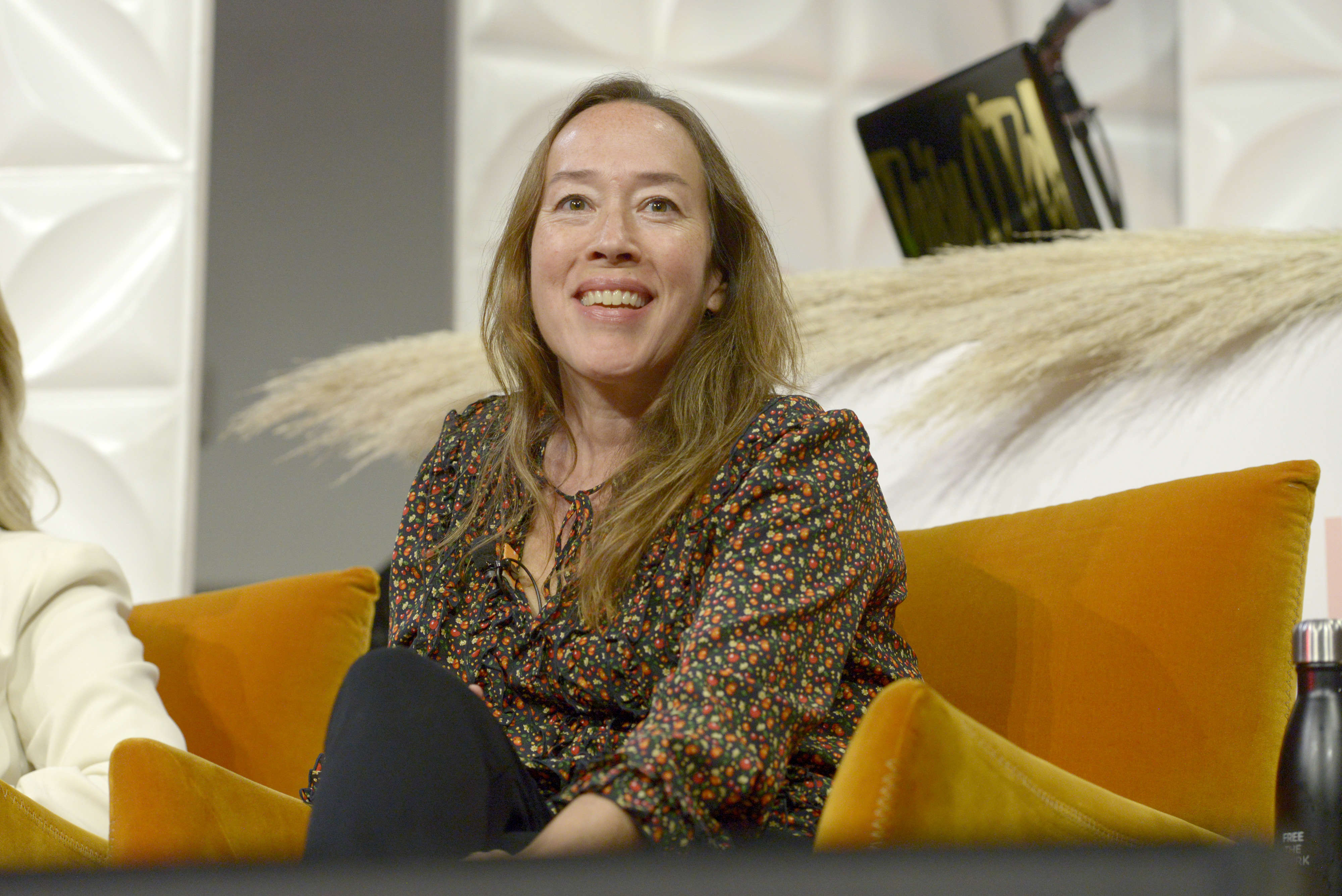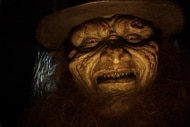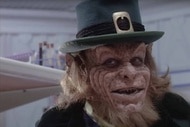Create a free profile to get unlimited access to exclusive videos, sweepstakes, and more!
Dracula director Karyn Kusama promises 'faithful' adaptation that tackles 'overlooked' elements of the novel

Horror fans everywhere got excited last March when Blumhouse announced, hot on the heels of the success of The Invisible Man, that a new Dracula film from director Karyn Kusama would be among its next horror projects. While there have been dozens of Dracula movies over the years, many of them direct adaptations of Bram Stoker's original novel, the prospect of Kusama — whose past horror credits include Jennifer's Body and The Invitation — taking on the legendary vampire was made the announcement particularly intriguing.
Now, Kusama's offered a few hints about what we can expect from her take on the material.
Kusama was a guest on Stephen King-centric podcast The Kingcast this week to talk about King's debut novel Carrie and director Brian De Palma's subsequent film adaptation, which she considers foundational in her formation as a horror fan and storyteller. Though most of the episode was devoted to all things Carrie (with a little aside about Jennifer's Body and how the stories relate to each other), hosts Eric Vespe and Scott Wampler couldn't let Kusama go without at least trying to get a little Dracula information from her.
At first, Kusama only offered that her film, which is being written by her The Invitation collaborators Matt Manfredi and Phil Hay, will be "a fairly faithful adaptation of Bram Stoker's novel." When asked if that meant the movie will lean heavily on the epistolary elements of the book, in particular the journal entries offered by various characters, Kusama clarified.
"It's not so much that, but it is using the idea of, I think, something that gets overlooked in adaptations of Dracula in the past is the idea of multiple voices," Kusama said. "In fact, the book is filled with different points of view, and the one point of view we don't get access to, and most adaptations give access to, is Dracula himself. So I would just say, in some respect, this is going to be an adaptation called Dracula, but it's perhaps not the same kind of romantic hero that we've seen in past interpretations of Dracula."
While some films, like Francis Ford Coppola's Bram Stoker's Dracula, have used the epistolary format of the book to great effect, Kusama makes an interesting point about the way most Dracula adaptations are set up. The very act of encountering Count Dracula in the first place is presented as a grand, sometimes flat-out operatic, moment of awe, and Dracula is often presented as an impossibly dashing figure even as the characters around him start to become aware of his true nature.
In Stoker's novel, more emphasis is placed on various characters coming to terms with the strange events a bit more slowly, and because of the different perspectives the reader often doesn't get to see Dracula in the act of blood drinking and seducing. We only see the aftermath. It'll be interesting to see how Kusama works with that element of the story, and perhaps even more interesting to see how she makes good on her promise of a less romanticized version of Dracula himself.
Kusama's Dracula is in development, but does not yet have a release date.














